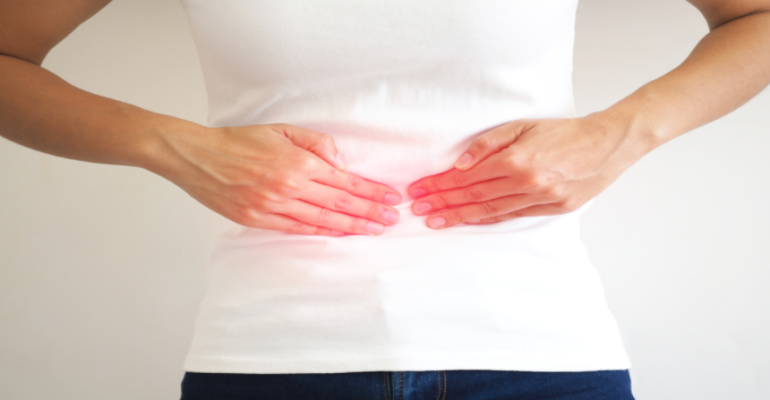
What is Rectocele (Intestinal Hernia) and Is There a Treatment?
One of the most fundamental needs of individuals is to have a healthy digestive system. However, in many cases, a person's bowel function becomes disrupted, which can also negatively affect their sexual life.
Especially, rectocele, also commonly known as a bowel hernia, which causes serious physical problems, can lead to both difficulties in bowel movements and persistent pain in the reproductive organs.
When ignored and doctors are not consulted due to hesitation, rectocele progressively worsens. We have shared important insights about rectocele for you.
What is rectocele?
Rectocele, also known as bowel hernia, is the slipping of the bowel towards nearby organs due to tearing or loosening of the tissue between the organs located at the start and end points of the bowel.
This condition, which arises from the pouching of the rectum (the last part of the large intestine) towards the vagina, is especially common in older individuals and those who have given birth multiple times. The bulging becomes more noticeable with straining during bowel movements.
Mostly asymptomatic, rectocele's exact prevalence is unknown and it can be subjected to unnecessary treatments due to misdiagnosis.
What causes rectocele?
The main cause of rectocele is the thinning of the tissue between the rectum and the vagina and the weakening of the pelvic floor muscles. Therefore, many factors that weaken the pelvic floor also contribute to rectocele. These include:
- Having a difficult vaginal delivery
- Use of vacuum during delivery
- Episiotomy (cut between vagina and anus) during delivery
- Excessive straining during bowel movements
- Chronic constipation
- Pelvic surgeries
- Rectal surgeries
What are the symptoms of rectocele?
Although rectocele can be seen in both men and women, it is often considered a women's condition due to its higher prevalence in women who have given birth multiple times.
The most common symptoms experienced by both men and women include:
- Severe pain during sexual intercourse
- Difficulty or inability to defecate
- Incomplete or fragmented bowel movements
- Constant feeling of needing to strain
- Pressure and tightness sensation in the vagina
- Feeling of sagging in the vagina
How is rectocele diagnosed?
Correct diagnosis of rectocele (bowel hernia) is very important because it can sometimes be mistaken for hemorrhoids. A thorough proctological examination by a specialist doctor should be performed first.
During the examination, a digital (finger) examination is performed, and visible hernias can be detected. For the most accurate diagnosis, imaging tests such as Magnetic Resonance Imaging (MRI) or direct X-ray can be applied.
How is rectocele treated?
Treatment approaches for rectocele offer much more effective results thanks to advances in medicine. Many methods previously applied are no longer used due to recurrence or causing pain during sexual intercourse.
Currently, many patients undergo the 'Transperineal Surgery' method, which strengthens weakened tissues.
Generally, changes in diet, switching to a fiber-rich and fluid-rich nutrition plan, and regularly performing Kegel exercises are recommended.
We wish you healthy days.

